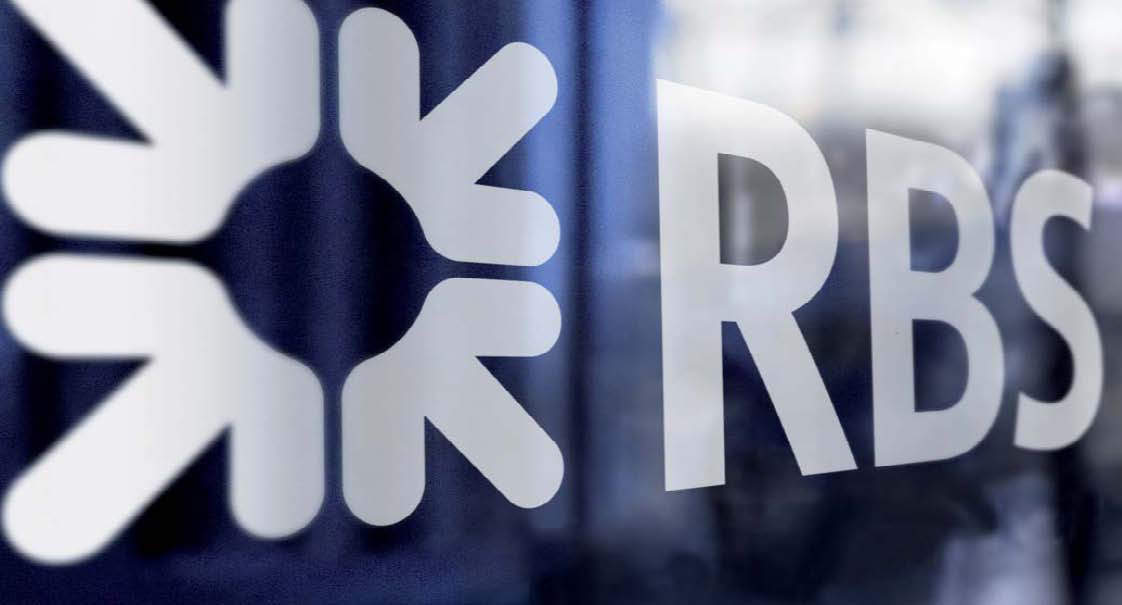
Ratings agency Fitch has said the costs of splitting Royal Bank of Scotland into a good and bad bank are likely to exceed the benefits.
Fitch said in a statement: "A bad bank split is unlikely as we believe the costs, obstacles and uncertainties involved in transferring some assets to a state-run bad bank would exceed the benefits, in particular to the UK government as majority shareholder in the bank and potential acquirer of assets from the bank."

Access deeper industry intelligence
Experience unmatched clarity with a single platform that combines unique data, AI, and human expertise.
"RBS’s solid half-year earnings, based on an increasingly robust balance sheet, are likely to reduce the benefit of implementing a bad bank split, as currently being considered by the UK government," Fitch said.
In June 2013, UK Chancellor George Osborne announced plans to split the group into a good and bad bank citing value for money for the taxpayer, and wanting the banks to be strong supporters of the economy.
Fitch continued: "It’s difficult to imagine a restructuring being sanctioned that would increase risk for bondholders without also reducing value for shareholders — most obviously the U.K. government."
The UK government is the majority stakeholder in RBS, Britain’s second largest bank in assets, having nationalised the bank in 2008.

US Tariffs are shifting - will you react or anticipate?
Don’t let policy changes catch you off guard. Stay proactive with real-time data and expert analysis.
By GlobalData
Related articles
RBS reveals more job cuts as boss quits
RBS to invest £700m in UK retail
Retail earnings help RBS cut losses







